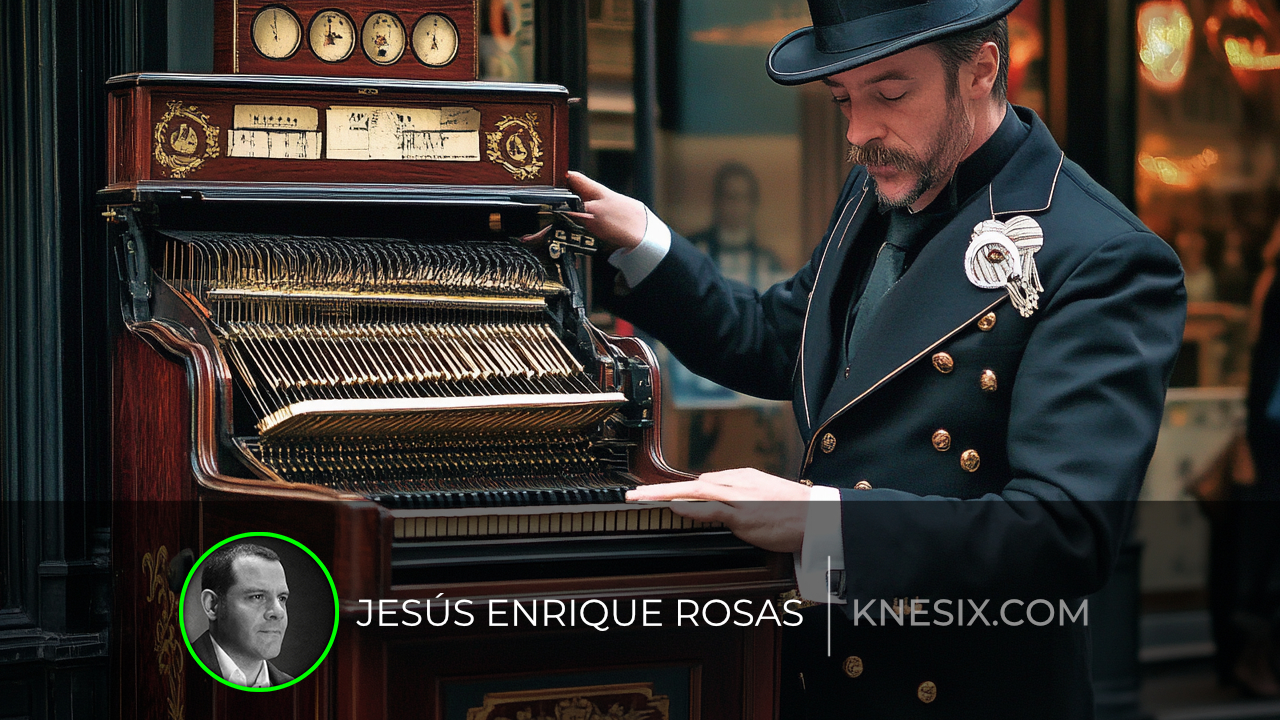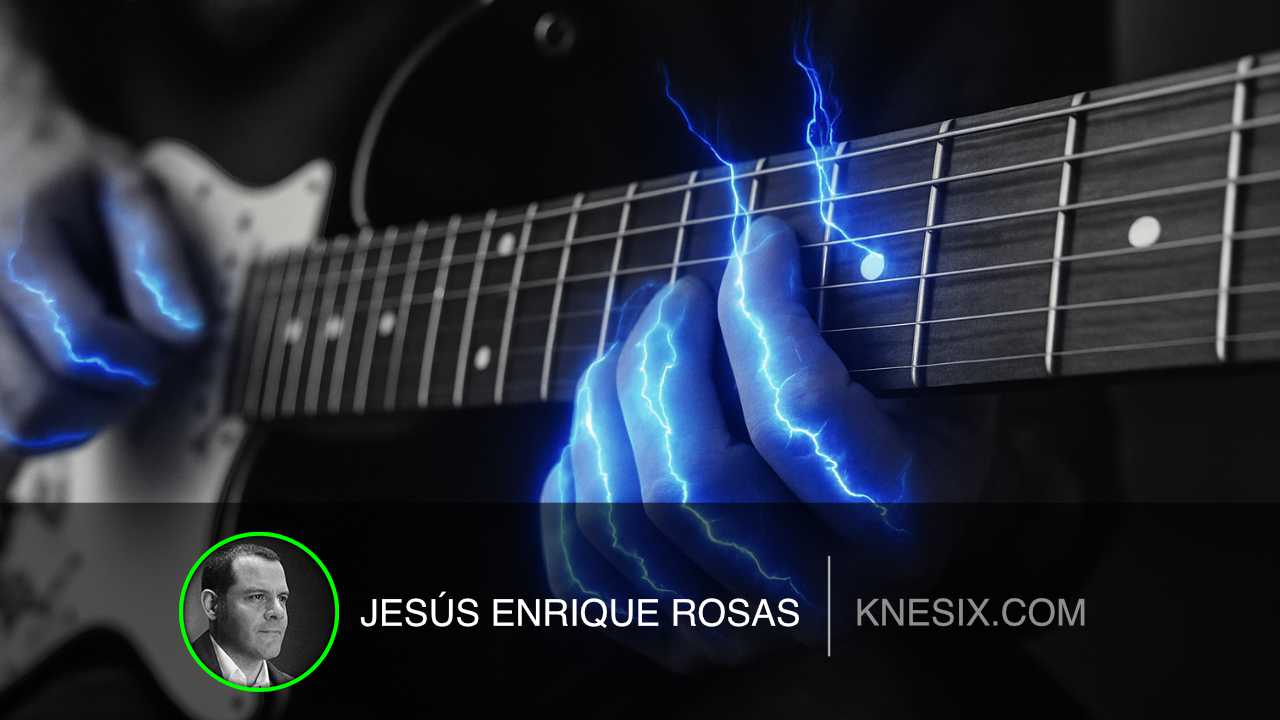One hot Italian summer, Verdi rented a large cottage to write music during the holidays. Days after arriving, he got one visitor who was taken aback by the fact that the famous composer was inhabiting just one room in the large house, using it as a studio, bedroom and lounge, all at the same time.
“Why don’t you use the rest of the house”, the visitor asked.
Verdi smiled, and invited the man to tour the house. The man was baffled to see every room literally filled to the ceiling with barrel organs, those amusing boxy pipe instruments that street entertainers played all day long. Even the kitchen of the house precariously hosted a couple of them.
Watching his puzzled expression, Verdi explained: “The owners of these organs were playing my operas all day… Rigoberto, Il Trovatore, all of them! I couldn’t work under those circumstances, so I rented all their instruments for the whole summer. All 95 of them! It’s going to cost me a fortune, but not too large a price for peace!”
There’s one thing I agree wholeheartedly with Verdi: there’s never too large a price for peace.
There’s an old saying: “If you’ve lost money, you really haven’t lost anything. If you’ve lost health, you have lost something. But if you have lost peace, you have lost everything”
You know where we ‘lose’ peace first? Inside our minds. It happens to me all the time. I’m a futurist at heart so I’m constantly projecting everything into the future. Months, years, decades. It has served me well, but it has made me prone to anxiety, unless I let my plans ‘go’.
I imagine Verdi’s cottage and I picture it like a mind, but the opposite way: The noise made by the street musicians is not outside of our minds, but it’s always inside.
And the most frequent tune is: “What if…?”
What if I fail? What if this doesn’t work? What if people laugh at me? What if all this is in vain? What if I’m losing my time in energy in some fruitless endeavor?
I’m the undisputed KING at tormenting myself with these questions. But something that has helped myself immensely was Zen meditation.
Especially, realize that control is an illusion. A mirage.
But if control is an illusion, then what’s the point of free will? Does it mean that we can’t control what happens to us, and even our reactions are futile?
Well, yes and no.
It’s like the amusing solution to Verdi’s predicament. To silence the noise that bothered him, he had to keep the barrel organs really, really close to himself.
He literally did the opposite of what common sense would assume is the right answer – try to get as far away as possible from the bustling musicians.
So, what’s our own paradox of control? Simple: that we can act, but there is no guarantee it’s going to work.
Granted, it IS terrifying under some conditions.
But there is a solution:
The same way Verdi removed the barrel organs from the street, remove the “is it going to work, or not?” Question from yourself.
You might say, “But Jesús, there will still be an outcome. Either it works, or doesn’t, or works partially, that’s what gives me anxiety”
Exactly. You’re feeling anxiety about something that’s lying in an uncertain future.
Verdi brought the instruments and locked them inside the house. We should bring our wandering thoughts, lost and creeping into the future, back into our mind, focused on the task at hand.
“Ok, what can I do RIGHT NOW about this?”
Like Verdi furiously locked in his musical writing. Brutal focus in the now.
I remember the scene from the movie “Finding Nemo” when Dory and Marlin are hanging inside the whale’s mouth, about to fall into its belly. Dory claims that she ‘understands’ whale language and that their huge host is telling them to just let go.
Marlin, terrified, asks her: “How do you know that something terrible isn’t going to happen”
To what Dory replies, in the most naive and sincere way:
“I don’t know”
I’m sometimes inspired by the most strange and obscure pop culture references and Dory’s remark has stayed with me since then.
Not knowing is liberating. It releases you from the burden of living in a future that has not been materialized.
I could bore you with quantum mechanics, or Zen koans, or some other pop culture reference: “You can’t bend the spoon. Instead, realize the truth – that there is no spoon in the first place”
My personal trick when I foolishly drift too far into the future: I focus on my heartbeat and breathing.
You don’t have to do any breathing exercise, or meditate, or use an app, or do anything special. Just think of your breathing and heartbeat. Become aware of them for some seconds.
They’re the proof that you’re alive and breathing NOW. That would instantly bring your thoughts to the present moment.
If anyone can save your future self from whatever uncertain destiny awaits, it’s your present you.
So, make the most out of it.
Much Love and Bliss,
Jesús.
The Body Language Guy



